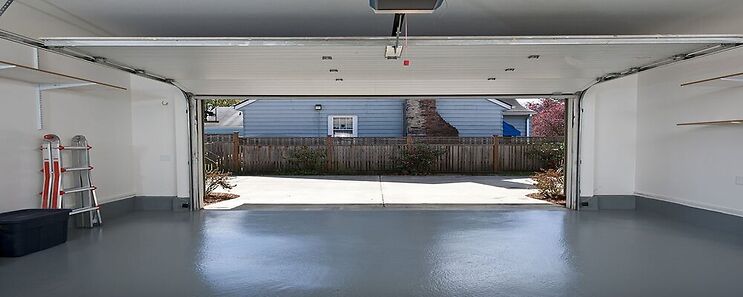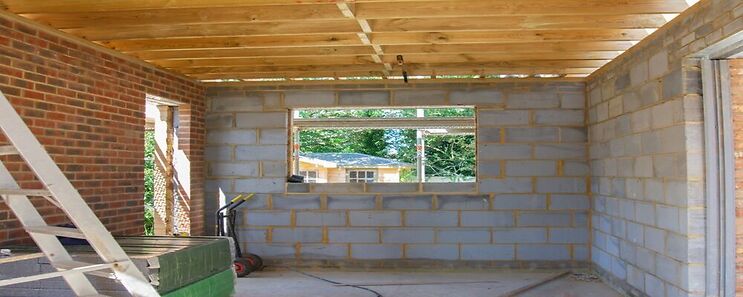Which is better? Custom or DIY Carports
Some people might choose to DIY their carport, while others may choose to have a custom carport built. Both options have pros and cons, so taking the time to weigh your choices before making a decision is essential. If you’re on the fence about whether or not to DIY or go custom, read on for more information about each option.
Custom Carport Pros and Cons
A custom-built carport is a specially designed and manufactured carport. It is usually made to order from a wide range of custom designs according to the customer’s specifications. They are also installed by professional carport builders like Just Patios based in Australia. Custom carports can be made from various materials, including aluminum, steel, wood, or polycarbonate. They can be freestanding or attached to a building. Below is a list of pros and cons for customizing a carport.
Pros
- It provides added protection for your car from the weather.
- It gives added value to your home.
- It can be built to match the style of your home and has a huge range of available designs.
- It may provide some shelter from the elements in bad weather.
- It can be a storage area for yard equipment, bikes, and more.
- It adds insulation in the winter and shade in the summer.
Cons
- They tend to be more expensive than other types of carports.
- It can take longer to install one since it’s not as off-the-shelf as some alternatives.
- If something goes wrong, finding someone who can fix it may be challenging since it’s not an everyday item.
DIY Carport Pros and Cons
A “do-it-yourself carport” is a structure you can build yourself, typically using carport kits or pre-fabricated parts. It can be single carport kits or double carports for extra space. Make sure you measure the space carefully and choose suitable materials to make your carport sturdy and stylish.
Pros
- You can choose the size and style best suits your needs and wants to make sure it has ample storage space for your car and other stuff.
- It’s usually much cheaper than hiring a professional to do it for you.
- You can customize it to fit your specific property and landscape.
- It’s an excellent project for DIYers who want to learn more about carpentry and construction.
- You have complete control over the outcome, which means you can be sure it meets all your requirements and standards.
Cons
- Getting the measurements and angles right can be challenging without professional help, which increases the chances of your carport deteriorating or collapsing over time.
- If you make a mistake in the construction process, it can be very costly and time-consuming to fix, especially if the damage is done to your car.
- A poorly constructed carport may not be able to withstand bad weather conditions or heavy loads, putting both your vehicle and property at risk.
- You will need access to all the necessary tools and materials and plenty of space to work, which may not be feasible if you live in an urban area.
Factors to consider in choosing a type of carport
The reason for building a carport.
The most important thing is the reason why you want to build a carport in the first place. A custom carport may be the best option, as it can be explicitly designed to meet your needs. On the other hand, DIY carports may not provide the same level of protection as a custom carport.
The Value of Your Vehicle.
If your vehicle’s value exceeds the cost of a custom carport, then you should have a custom carport built. A custom carport will protect your vehicle from the elements and could add value to your home should you ever decide to sell.
The number of resources.
DIYing your carport may be your best option if you have a limited budget. However, if you are not confident in your ability to build a sturdy and durable carport, then hiring a professional to do custom work may be worth the extra cost.
Location and weather conditions.
Location and weather conditions are essential when deciding whether to DIY or build a custom carport. If you live in an area with severe weather conditions, having a carport that can withstand high winds and heavy rain is crucial. A custom carport builder can help you choose the right design and materials for your climate, ensuring your carport is beautiful and durable.
Your length of stay.
If you’re only going to be in the area for a year or two, it might make more sense to go with a DIY carport. On the other hand, investing in a custom carport might make more sense if you stay in the area for a while. This is because a custom carport will be built to fit your specific needs and will last much longer than a DIY carport.
FAQS
Does building a carport need a council permit?
Yes, building a carport generally requires council approval and a permit, regardless of whether it’s a gable carport or a wooden carport. The process and requirements vary depending on your local council, but in most cases, you must submit a development application (DA) for approval.
In Brisbane, the Brisbane City Council website advises that carports attached to houses require planning approval and building regulation approval via a DA. However, if the carport is detached from the house, regulation approval is required via a building application lodged with the Queensland Building and Construction Commission (QBCC).
How do you choose materials?
When choosing materials for a carport, you’ll need to consider the climate in which you live. If you live in a cold environment, you’ll need to choose durable materials that can withstand cold weather. If you live in a warm climate, you’ll need to select materials resistant to the sun and rain.
You’ll also need to consider the weight of the materials. Some materials are heavier than others, so you’ll need to ensure that your carport can support the weight of the materials. You’ll also need to consider the cost of the materials. Again, some materials are more expensive than others.
Finally, you’ll need to consider the appearance of the materials. Some materials look better than others.
When are carports not allowed?
There are a few instances when carports are not allowed in Australia. One example is when the carport is located within 1 metre of a boundary fence line. Additionally, carports must not be situated to interfere with any easements on the property or negate the required setback distances from the street or footpath. Lastly, class 1 & 2 heritage buildings generally cannot have carports as they front onto the road and mar the building’s heritage significance.
How many carports can you have?
In Brisbane, the maximum number of carports you can have on your property is one. This is specified in the Brisbane City Council Planning Scheme and is based on the available parking on the property. To install a carport, you must apply for development approval from the council.
Conclusion
Concerning carports, there are two main options: custom or DIY. Both have pros and cons, so deciding which option is the best option for you can be challenging. We’ve outlined the pros and cons of each type of carport to help make your decision a little easier. If you still have questions after reading this article, contact us for more information. We want to ensure you get the perfect carport for your needs!


